India marks International Day of the World’s Indigenous Peoples
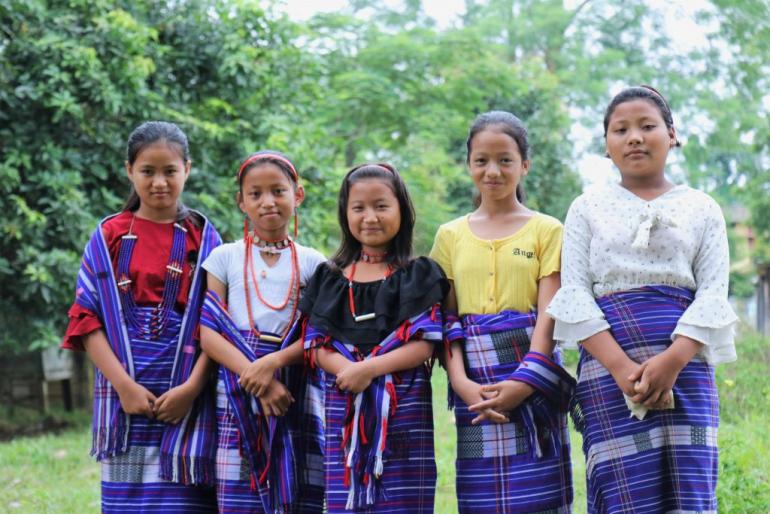
The restrictions brought about by the coronavirus pandemic did not hamper the observance of the International Day of the World’s Indigenous Peoples in India, with several online events led by various Church organisations, on their own or in collaboration with various civic groups.
In an online celebration of the Holy Mass, Cardinal Oswald Gracias, archbishop of Mumbai, cited Pope Francis’s synod on the Amazons and Father Stan Swamy, who, the bishop said, gave his life for the cause of India’s indigenous peoples.
The cardinal said the “challenges faced by indigenous peoples in South America were similar to the challenges faced by tribals in India.”
Cardinal Gracias spoke of Father Swamy, who gave his life for indigenous tribes in India, and the men and women religious who work among the Adivasis (India’s tribal people).
"We are present in Bihar, Chotanagpur and Raighad, to give them hope, education, dignity and a future,” said the prelate. “But tribes around the world suffer injustice and exploitation,” he added.
In Northeast India, Bishop George Pallipparambil of Miao, in east Arunachal Pradesh, told his flock that the Indigenous Peoples Day celebration is a reminder to revive the age-old values of indigenous peoples.
“It is not about some important events to mark the day, but it is a call to revive the golden values of our traditional societies, respecting the elders, values of family life, and to understand the importance of our communion with nature and caring for the earth,” he said.
The International Day of the World’s Indigenous Peoples is observed every year on August 9 to raise awareness and to protect the rights of the indigenous people.
Reminding students on the importance of learning the mother tongue and being proud of their tribal identity, the Salesian prelate said the celebration "is a significant occasion to get back to our roots to preserve our unique tribal identity.”
“Let us not lose our rich tribal identity to modern technical advancements or to outside invasion," he said. "Each of us should not only preserve it but also promote it.”
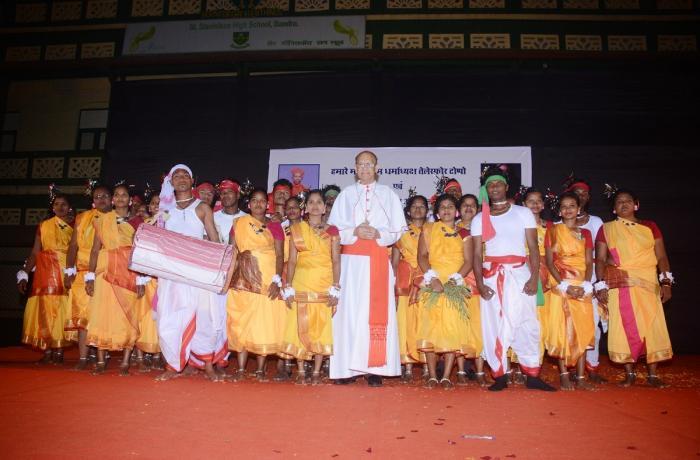
Wanglung Mossang, a local dialect promoter of Arunachal Pradesh, said everyone should "mark this day and celebrate it every year to cling on to our own inherited qualities of love and brotherhood and sharing and caring at is used to be in the days of old.”
In Tripura State, the Day was celebrated by people from Oraon, Munda, Kharia and Santal tribes. It was organized by the All Adivasi Students Association in Tripura, a two-year-old initiative of the Salesians in Tripura among college students.
Mervar Kumar Jamati, the state’s tribal welfare minister, encouraged the audience to foster unity and avoid alcoholism and drug abuse.
Meanwhile, India's Catholic bishops' conference has been holding webinars throughout the week to mark the Day.
Father Nicholas Baria, executive secretary of the CBCI Tribal Affairs Committee and a member of the Oraon tribe, noted that plans, even laws, are in place to respect the rights of tribal people, but in practice "their land rights are not recognized” by authorities.
“Development projects take place without the participation of the tribes who are not getting any benefits,” said the priest, adding that corporate plans have become a source of distress for tribal communities.
"The Catholic Church strongly believes in development for the poor and marginalized, without any distinction, because Jesus himself taught us to be in their service," said Auxiliary Bishop Theodore Mascarenhas of Ranchi in Jharkhand state in his own message. - Frank Krishner / RVA News
Radio Veritas Asia (RVA), a media platform of the Catholic Church, aims to share Christ. RVA started in 1969 as a continental Catholic radio station to serve Asian countries in their respective local language, thus earning the tag “the Voice of Asian Christianity.” Responding to the emerging context, RVA embraced media platforms to connect with the global Asian audience via its 21 language websites and various social media platforms.











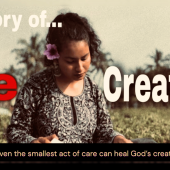
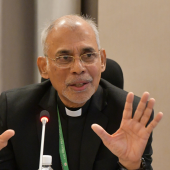
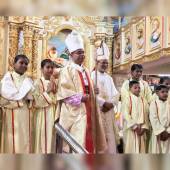
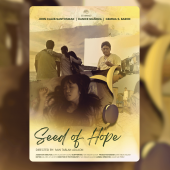


- Reply
Permalink